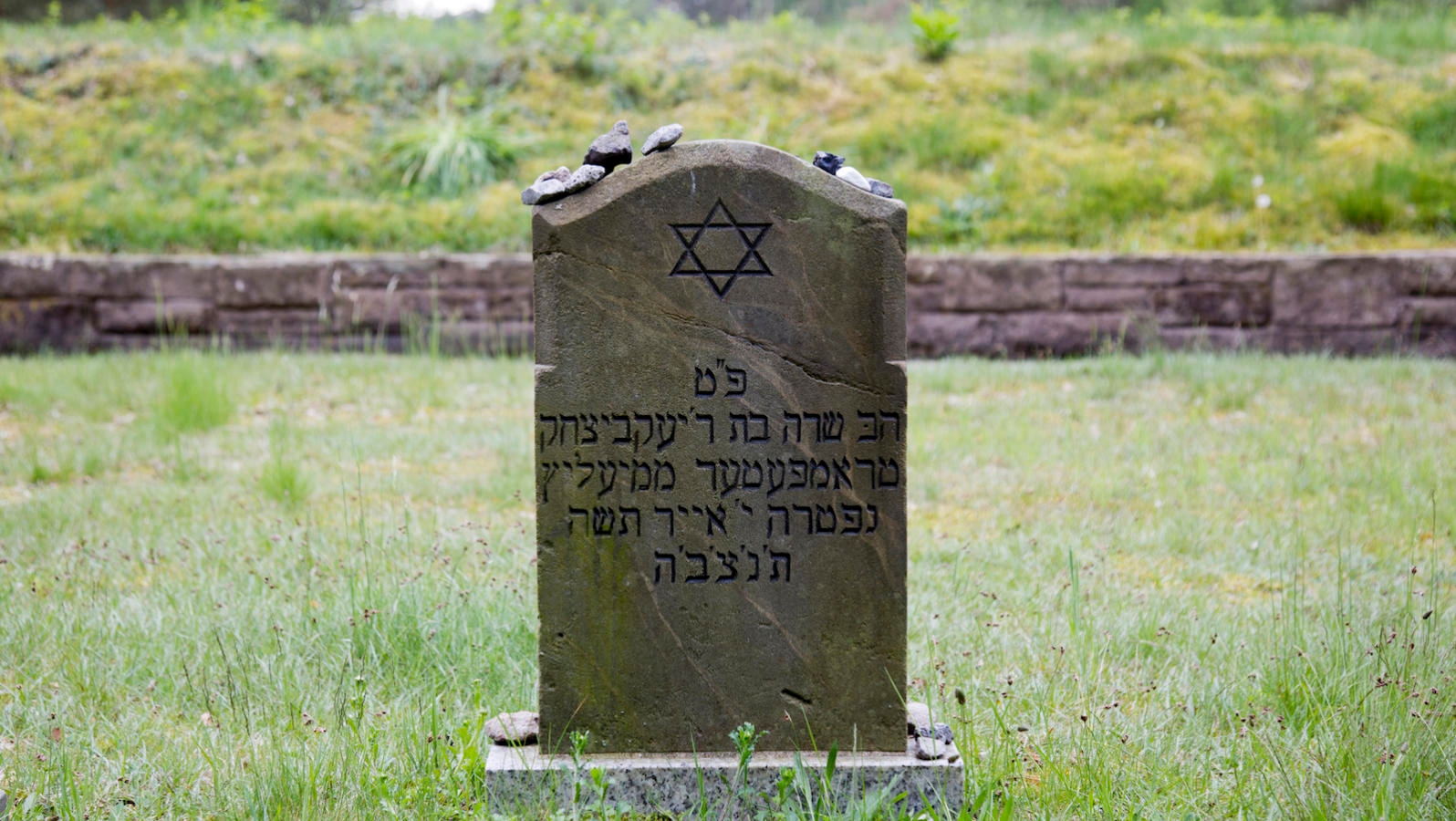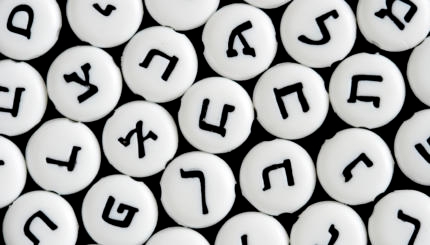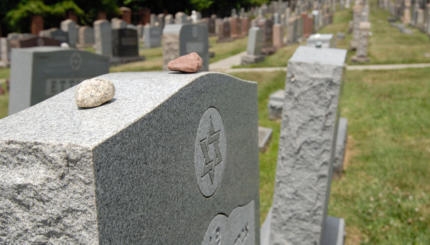For centuries before text-messaging and emailing birthed ubiquitous linguistic shorthand terms like LOL, TTYL and IMHO, Jews were not just the People of the Book, but the People of the Acronym.
Acronyms — in Hebrew, Aramaic and transliteration — appear frequently in Jewish correspondence, books, spoken conversation and even on gravestones. Famous rabbis are frequently referred to by their acronyms. Even books themselves, like the Hebrew Bible are often identified in this abbreviated manner.
Modern Hebrew has its own ever-growing roster of acronyms, such as its FBI equivalent, Shabak (שׁבּ״כּ), also known as the Shin Bet. (Stands for for Sherut Habitakhon Haklali, or General Security Service.)
Below are some of the most common acronyms and abbreviations organized alphabetically (in English transliteration) by category. If no English initials appear, that means English initials aren’t used for this term. Did we miss an important one? Leave it in the comments below or email us at community@myjewishlearning.org.
With your help, My Jewish Learning can provide endless opportunities for learning, connection and discovery.
General Acronyms and Abbreviations
On Gravestones
Rabbis and Sages
Modern Hebrew
General Acronyms and Abbreviations
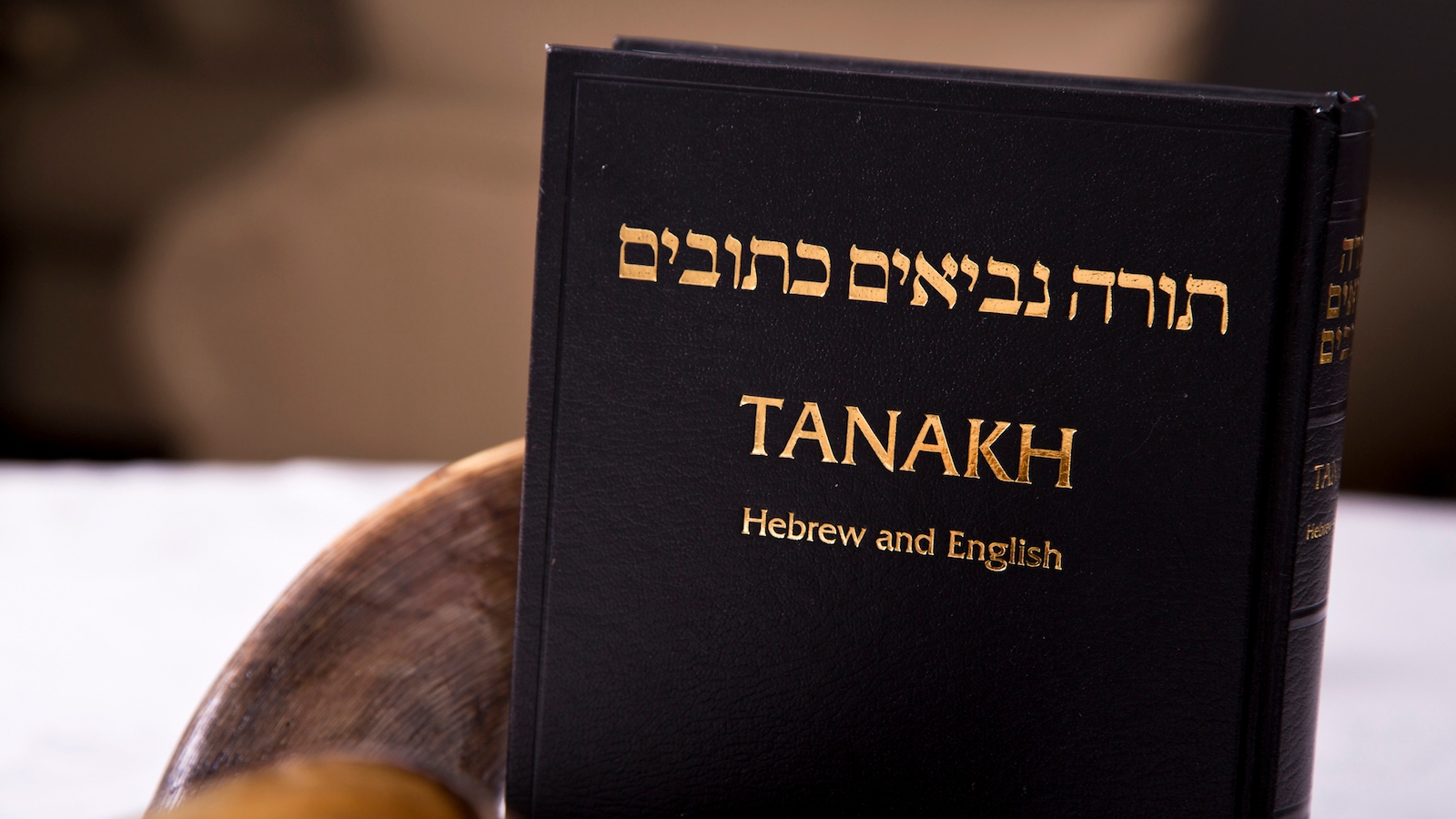 A”H
A”H
ע״ה
Stands for: alav hashalom (עליו השלום), aleha hashalom (עליה השׁלום) or aleihem hashalom (עליהם השלום)
Pronounced: ah-LAHV hah-shah-LOHM, ah-lay-HAH hah-shah-LOHM
What it means: Hebrew for “peace be upon him.” Alternately “upon her” or “upon them.”
When it’s used: Following the name of someone who is dead.
BD”E
בּד״א
Stands for: Baruch dayan emet (ברוך דיין אמת)
Pronounced:bah-ROOKH dah-YAHN eh-METT
What it means: Hebrew for “blessed is the true judge.”
When it’s used: Commonly said to a mourner upon learning of their loss.
B’’H
בּ״ה
Stands for: B’ezrat hashem (בּעזרת השׁם)
Pronounced: b’ez-RAHT hah-SHEM.
What it means: Hebrew for “with God’s help.”
Note: This acronym also stands for Baruch HaShem (בּרוך השׁם) or Blessed is God.
BS’’D
בּס׳׳ד
Stands for: B’siyata dishmaya (בסיעתא דשמיא)
Pronounced: bah-SAHD.
What it means: Aramaic for “with the help of Heaven.”
When it’s used: Some traditional Jews put these letters on the upper corner of every piece of written material.
IY”H
אי״ה
Stands for: Im yirtzeh hashem (אם ירצה השׁם)
Pronounced: eem yeer-TZEH hah-SHEM
What it means: Hebrew for “if it will be God’s will” or “if it is God’s will.”
LI”N
לע”נ
Stands for: L’iluy neshamah (לעלוי נשמה)
Pronounced: luh-EE-loy nih-shah-MAH
What it means: Aramaic for “for the elevation of the soul.”
When it’s used: To indicate a particular mitzvah, typically Torah study or giving charity, is being performed on behalf of someone who has died.
N”Y
נ״י
Stands for: Nehro (נרו) or nehrah (נרה) yair (יאיר)
Pronounced: noon yood (the two Hebrew letters), or neh-ee-ROH yah-EER (for a man), neh-ee-RAH yah-EER (for a woman)
What it means: Hebrew for “his/her candle should burn bright.”
When it’s used: When writing a letter to someone who is alive. As in, “Dear David N”Y, How are you?….”
Shlita
שׁליט״א
Stands for: Sh’yichyeh l’orekh yamim tovim amen. ( שׁיחיה לאורך יומים טובים אמן
Pronounced: SHLEE-tuh
What it means: May he (or she) live for many good days, Amen.
When it’s used: Often said after the name of a prominent living rabbi.
Shotz
שׁ״צ
Stands for: Shaliach tzibur (שׁליח ציבּור)
Pronounced: SHAHTZ or shah-LEE-ahkh tzee-BOHR
What it means: Hebrew for the person leading a prayer service (literally “public emissary”).
Tanach
תנ״ך
Stands for: Torah (תורה), Nevi’im (נביאים), Ketuvim (כּתובים) — known in English as Torah (also Five Books of Moses), Prophets and Writings
Pronounced: tah-NAKH
What it means: The Hebrew Bible, which Christians refer to as the Old Testament.
Z’’L
ז״ל
Stands for: Zichrono (זכרונו) [for a man] or zichrona (זכרונה) [for a woman] l’bracha (לבּרכה)
Pronounced: zahl, or zee-chroh-NOH luh-brah-KHAH or zee-chroh-NAH luh-brah-KHAH
What it means: Hebrew literally for “memories for blessing,” usually translated to “may his or her memory be a blessing.”
When it’s used: Usually appears in parentheses after the name of a person who is deceased.
On Gravestones and in Cemeteries
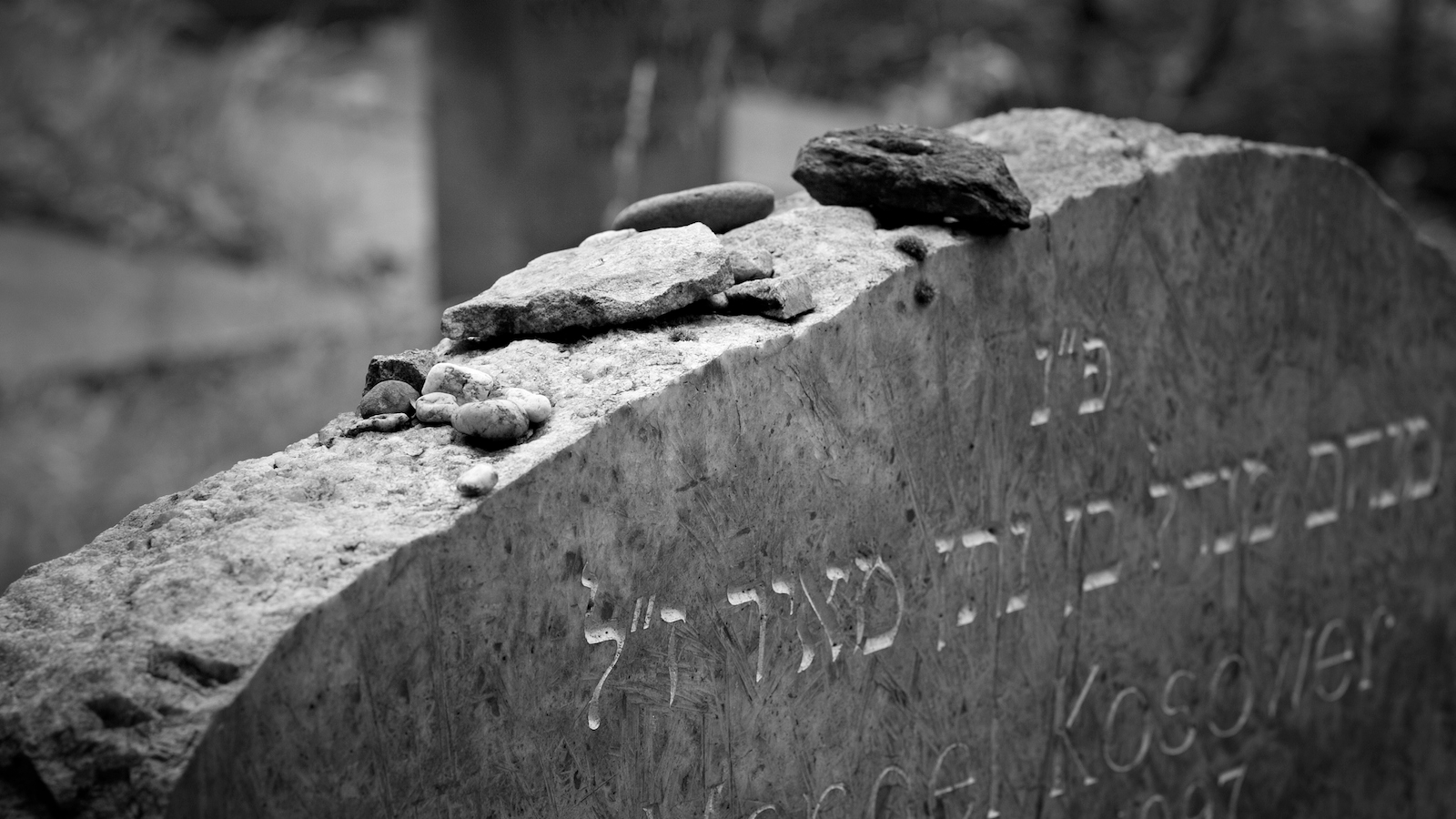
N”E
נ״ע
Stands for: Nucha (נוחה) [for a woman] or nucho (נוחו) [for a man] eden (עדן).
Pronounced: noon ayin (the names of these two Hebrew letters) or noo-KHAH EH-den (for women) or noo-KHOH EH-den (for men)
What it means: Hebrew for “Let his/her rest be paradise (Eden).”
P”N
פּ״נ
Stands for: Po nikhbar (פּה נקבּר)
Pronounced: pay noon (the two Hebrew letters) or POH neek-BAHR
What it means: Hebrew for “here lies” or “here is buried.” A variation on this is pay tet (פּ״ט), which stands for po tamun, “here is hidden.”
TNZBH
תנצבּ״ה
Stands for: Tehi nishmato tzrura btzror hachayim (תהי נשׁמתו צרורה בּצרור החיים)
Pronounced: tuh-HEE neesh-mah-TOE tzroo-RAH beh-TZROHR ha-khaye-EEM
What it means: Hebrew for “May his/her soul be bound up in the bond of life.”
Rabbis and Sages
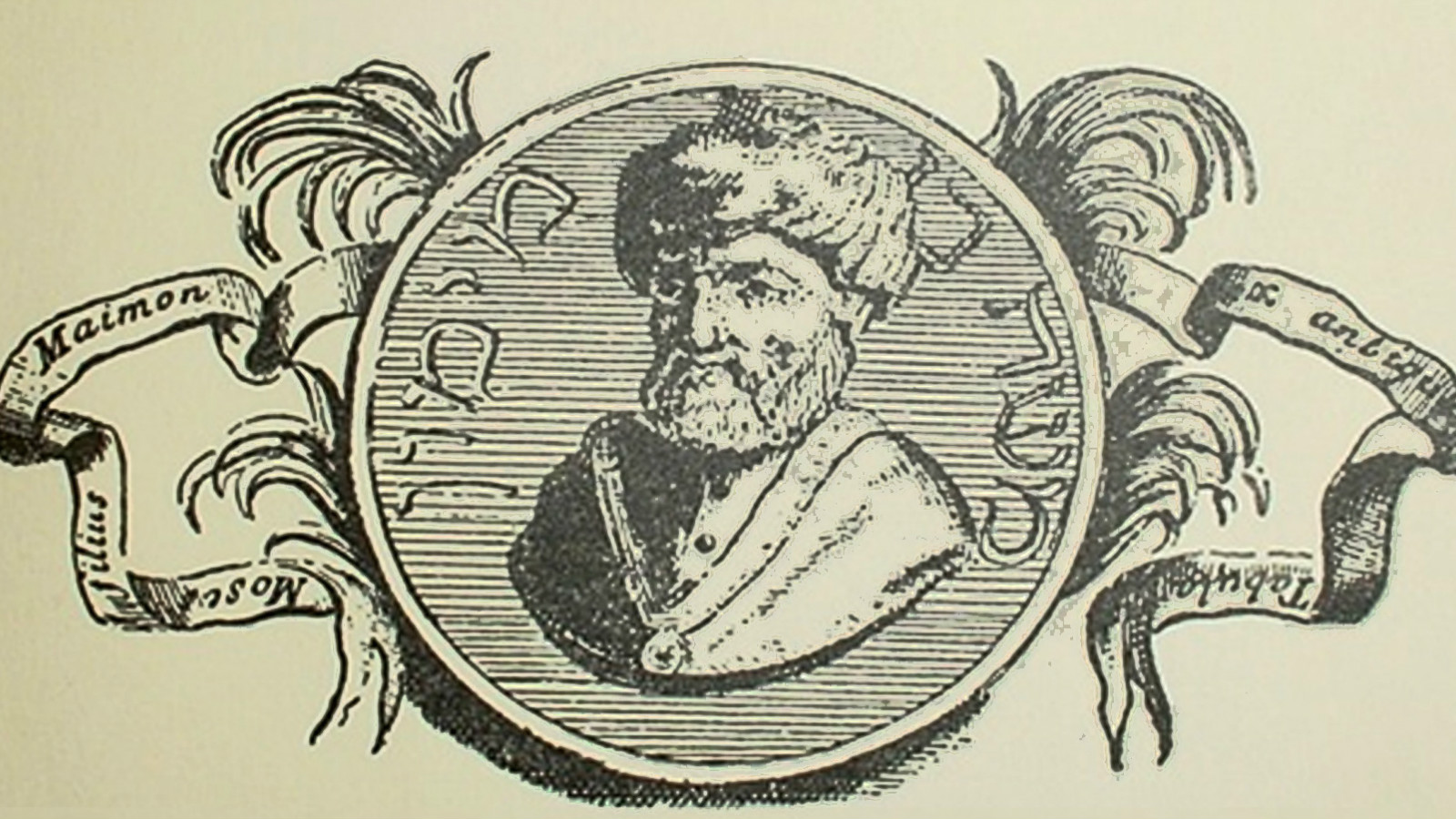
Besht
בּשׁ״ט
Stands for: Ba’al Shem Tov (בּעל שׁם טוב)
Pronounced: Besht
What it means: Hebrew for “the owner/master of a good name,” this was the title given to Israel ben Eliezer (1698‑1760), the founder of Hasidic Judaism.
Rambam
רמבּ״ם
Stands for: Rabbi Moshe (Moses) Ben Maimon, also commonly known as Maimonides, the prolific and influential 12th-century scholar originally from Spain.
Pronounced: RAHM-bahm
Ramban
רמבּ״ן
Stands for: Rabbi Moshe (Moses) Ben Nahman, also commonly known as Nahmanides, a 13th-century Spanish scholar.
Pronounced: RAHM-bahn
Rashi
רשׁ״י
Stands for: Rabbi Shlomo (Solomon) Yitzchaki, the 11th-century French scholar best known for his comprehensive Bible commentaries.
Pronounced: RAH-shee
Modern Hebrew
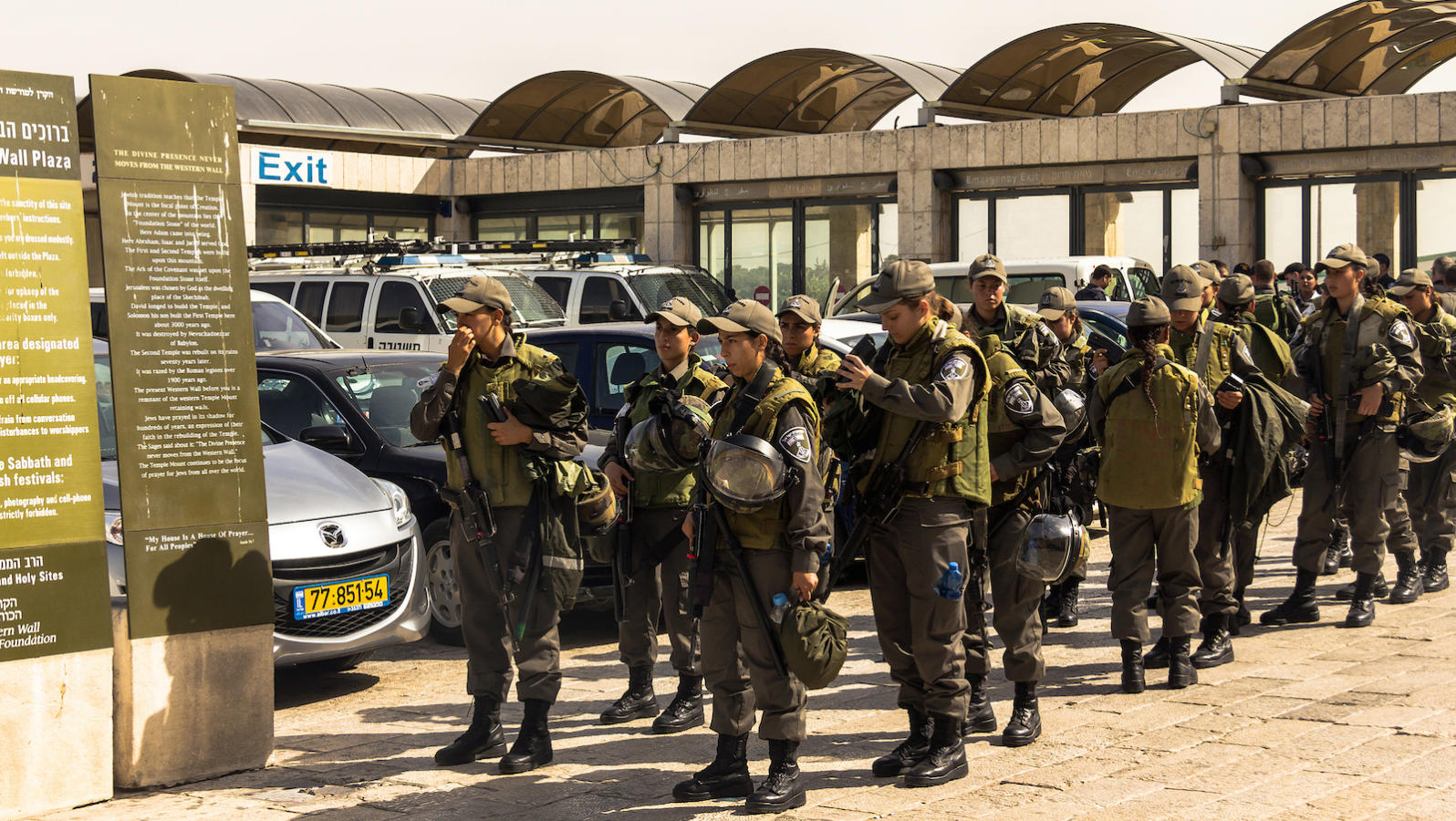
Motzash
מוצ”ש
Stands for: motz-AY sha-BAHT (מוצאי שׁבּת)
Pronounced: moh-TZASH
What it means: Saturday night, after Shabbat officially ends.
Ramat Kal
רמטכ”ל
Stands for: ROHSH ha-mah-TEH ha-klah-LEE (ראשׁ המטה הכללי)
Pronounced: RAH-mat KAHL
What it means: Chief of staff, or commander-in-chief of the Israel Defense Forces (IDF)
Sofash
סופ״שׁ
Stands for: sohf shah-VOO-ah (סוף שׁבוע)
Pronounced: soh-FAHSH
What it means: Weekend
Tzahal
צה״ל
Stands for: Tzava hahagana l’Israel (צבא ההגנה לישראל)
Pronounced: TZAH-hall
What it means: The Israel Defense Forces (IDF)
